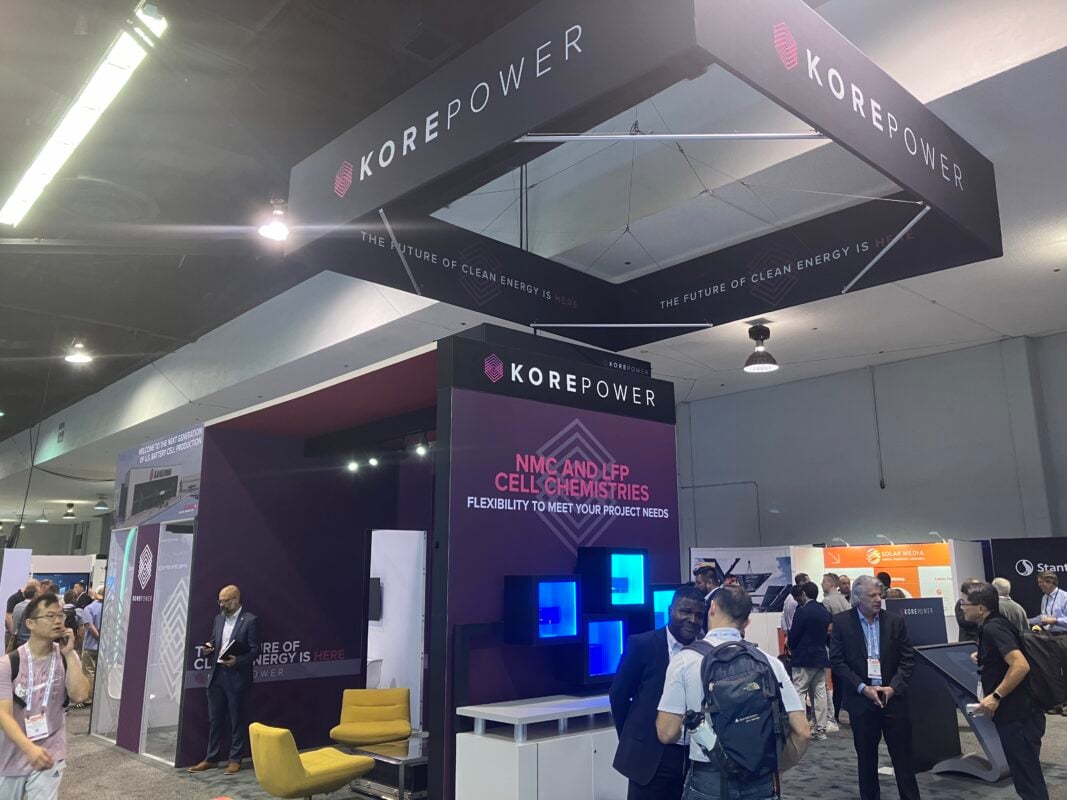Summary:
Gravity Technologies is on track to secure a contract for EV charging towers in NYC.
The firm hired Oaktree Solutions, linked to Eric Adams’ administration, enhancing its chances.
Gravity's 200 KW charging stations can charge vehicles significantly faster than existing options.
Political fundraising efforts for Adams have raised questions about the influence of campaign contributions.
Approval from the Public Design Commission is pending for the installation of hubs on sidewalks.
A Manhattan tech firm, Gravity Technologies, is on the fast track to secure a lucrative contract for installing electric charging towers for the city's municipal vehicle fleet, thanks to its recent hiring of the lobbying firm founded by Eric Adams’ former chief of staff, Frank Carone.
Fast-Tracking Electric Charging Towers
Gravity Technologies, known for its innovative tree-like smart poles, has been in discussions with the Department of Citywide Administrative Services (DCAS) since last fall. A confidential presentation revealed that the process is moving ahead without the usual competitive bidding protocol.
The breakthrough came after Gravity hired Oaktree Solutions, which was founded by Carone. The CEO, Moshe Cohen, previously hosted a fundraiser for Adams, raising $22,850 shortly after his nomination. Following this, DCAS started making plans to employ Gravity's devices.
The Push for Fast Chargers
In October, DCAS submitted an application to the Public Design Commission to install Gravity’s fast charge hubs across the city for municipal electric vehicles. Unlike the slower chargers currently in use, Gravity's 200 KW charging stations can provide 200 miles of performance in just 13 minutes. Their flagship station, located in Manhattan, features 500 kilowatt chargers that can deliver 200 miles of performance in just five minutes.
Political Connections and Campaign Funding
Gravity's campaign for city contracts began during the previous administration, but Cohen quickly pivoted to support Adams. In a fundraising event held in 2021, he expressed his eagerness to partner with the mayor, stating, “We’re here to help you help us.”
After hiring Oaktree, Gravity moved its lobbying focus from the Department of Transportation (DOT) to DCAS, aiming to secure a contract for its hubs, which would be installed on sidewalks.
The Installation Process
DCAS needs approval from the Public Design Commission before installation can proceed. The proposed hubs are designed to be visually appealing and multifunctional, accommodating additional features like public WiFi and air monitoring.
Future Prospects
Despite some controversies surrounding the process, including a lack of competitive bidding, Gravity's prospects appear positive. DCAS is currently exploring devices capable of handling 180 to 300 kilowatts, which aligns with Gravity's capabilities.
Gravity's approach reflects a broader trend of leveraging political connections to navigate city contracting processes, a practice that raises questions about integrity and transparency in municipal government dealings.








Comments